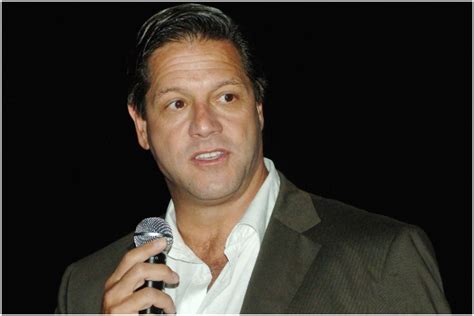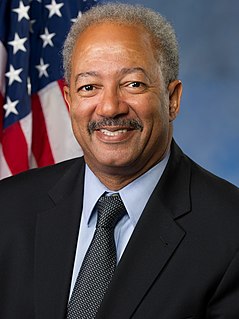A Quote by Francis Collins
I'm enormously interested to see where neuroscience can take us in understanding these complexities of the human brain and how it works, but I do think there may be limits in terms of what science can tell us about what does good and evil mean anyway, and what are those concepts about?
Related Quotes
The first thing I became interested in in terms of 'Brain Storm' was neuroscience, and that is like saying you're interested in the universe. So ultimately I knew if I was going to handle this in a fictional format, I would have to take a subsection of neuroscience, and that turned out to be the use of neuroscience in criminal courts.
Cosmic evolution may teach us how the good and evil tendencies of man may have come about; but, in itself, it is incompetent to furnish any better reason why what we call good is preferable to what we call evil than we had before. Some day, I doubt not, we shall arrive at an understanding of the evolution of the aesthetic faculty; but all the understanding in the world will neither increase nor diminish the force of the intuition that this is beautiful and that is ugly.
"Sabbath is not primarily about us or how it benefits us; it is about God, and how God forms us. It is not, in the first place, about what we do or don't do; it is about God - completing and resting and blessing and sanctifying. These are all things that we don't know much about......But it does mean stopping and being quiet long enough to see - open-mouthed - with wonder - resurrection wonder.....we cultivate the "fear of the Lord". Our souls are formed by what we cannot work up or take charge of. We respond and enter into what the resurrection of Jesus continues to do."
The brain is the most complicated organ in the universe. We have learned a lot about other human organs. We know how the heart pumps and how the kidney does what it does. To a certain degree, we have read the letters of the human genome. But the brain has 100 billion neurons. Each one of those has about 10,000 connections.
We are living in a society that is totally dependent on science and high technology, and yet most of us are effectively alienated and excluded from its workings, from the values of science, the methods of science, and the language of science. A good place to start would be for as many of us as possible to begin to understand the decision-making and the basis for those decisions, and to act independently and not be manipulated into thinking one thing or another, but to learn how to think. That's what science does.
Science isn't just about solving this or that puzzle. It's about understanding how the world works: the whole world from the vastness of the cosmos to the particularity of an individual human life. It's worth thinking about how all the different ways we have to talk about the world manage to fit together.
Fifty million Americans have dementia and other brain illnesses. To gather together the minds that exist and see how we can tackle these ailments together, that is the work that is in front of us: to have a map of the human brain, an understanding of the roadways, and an understanding of the traffic on the roadways.



































